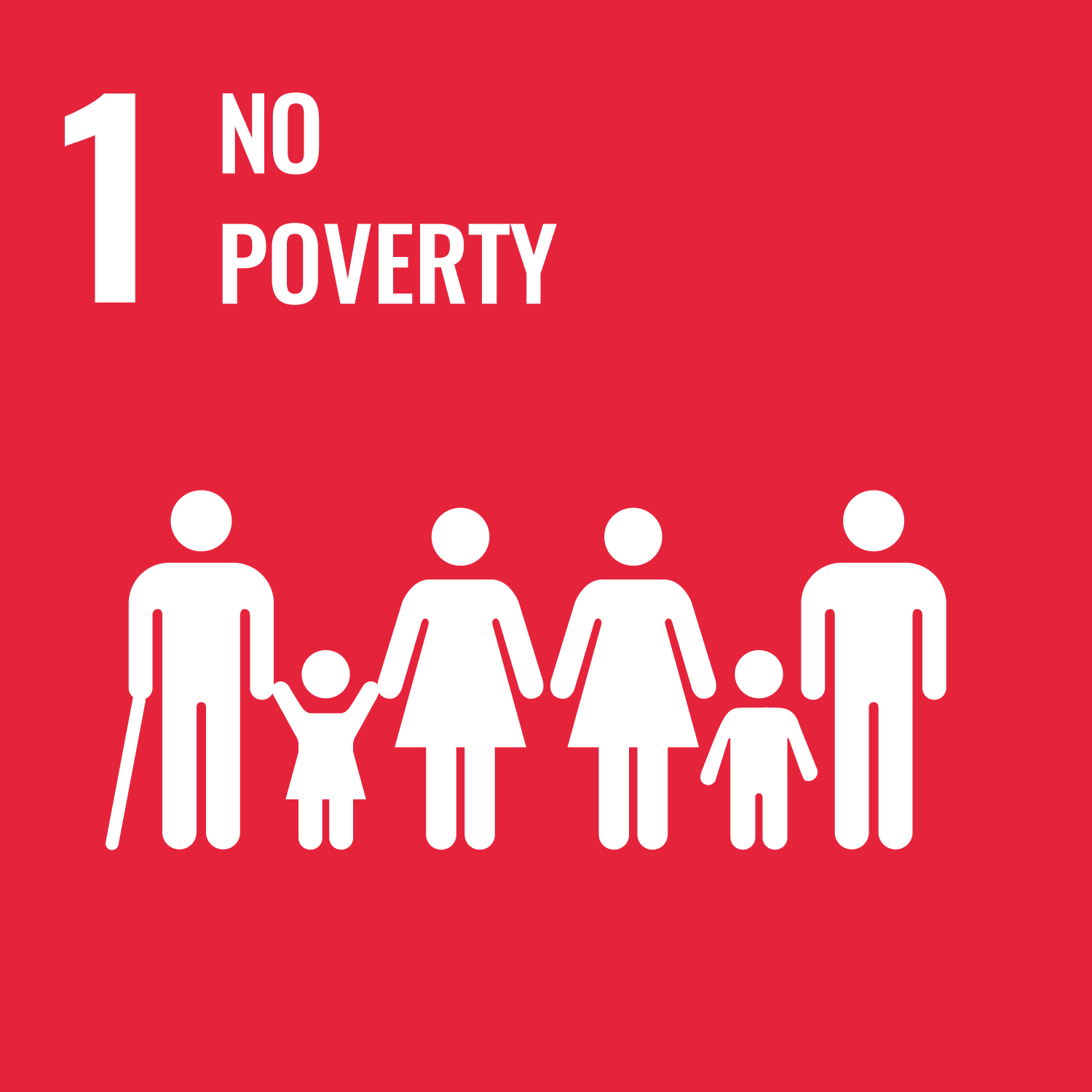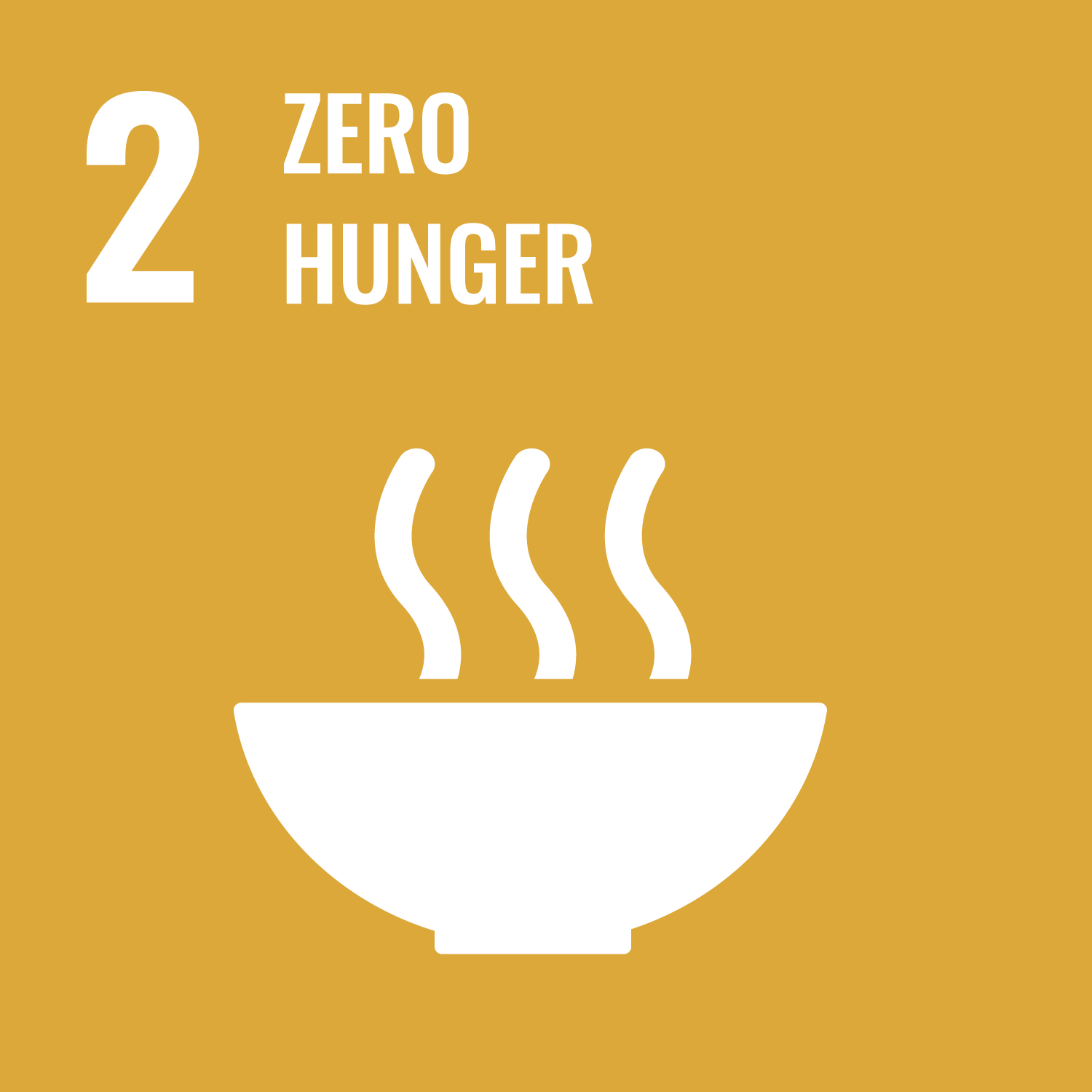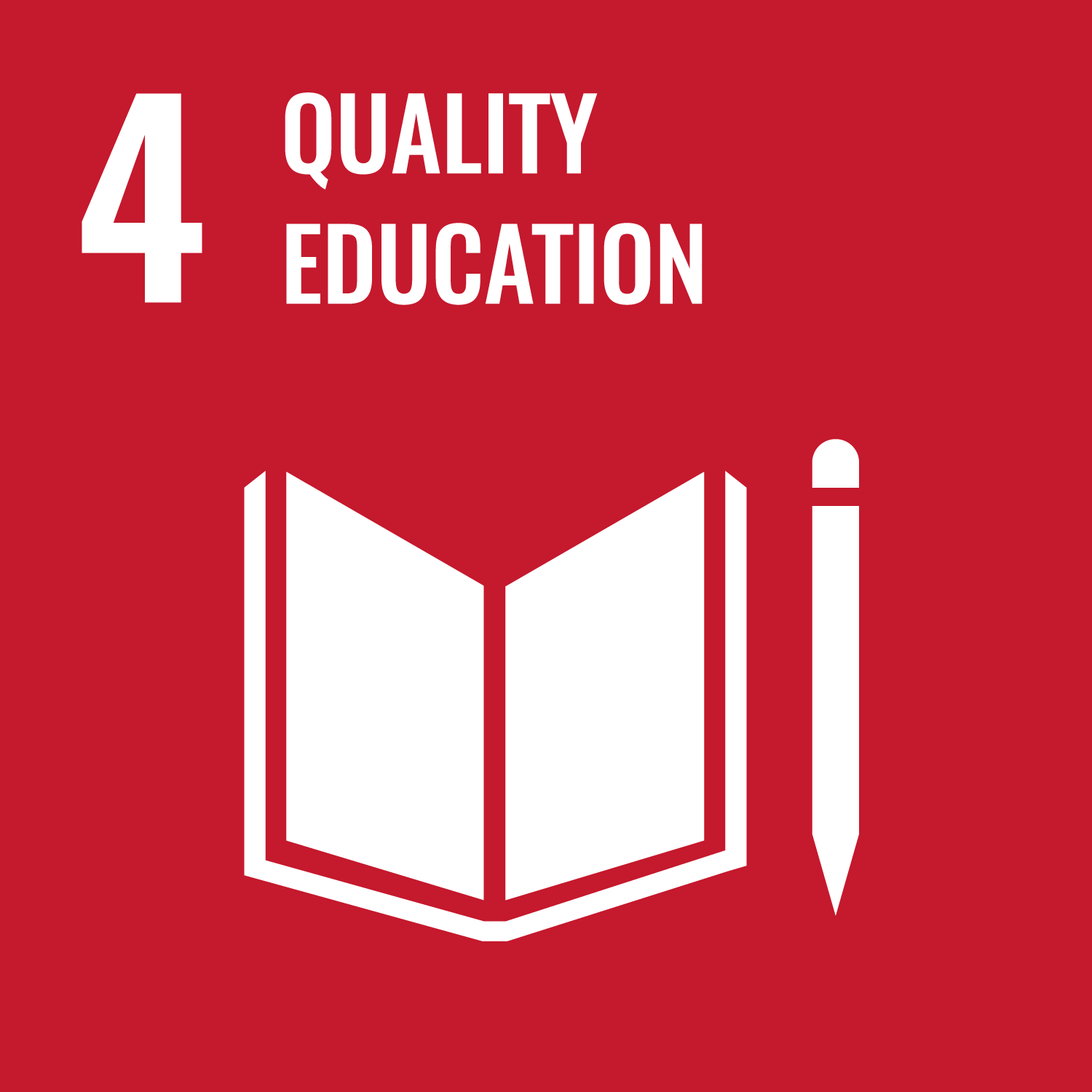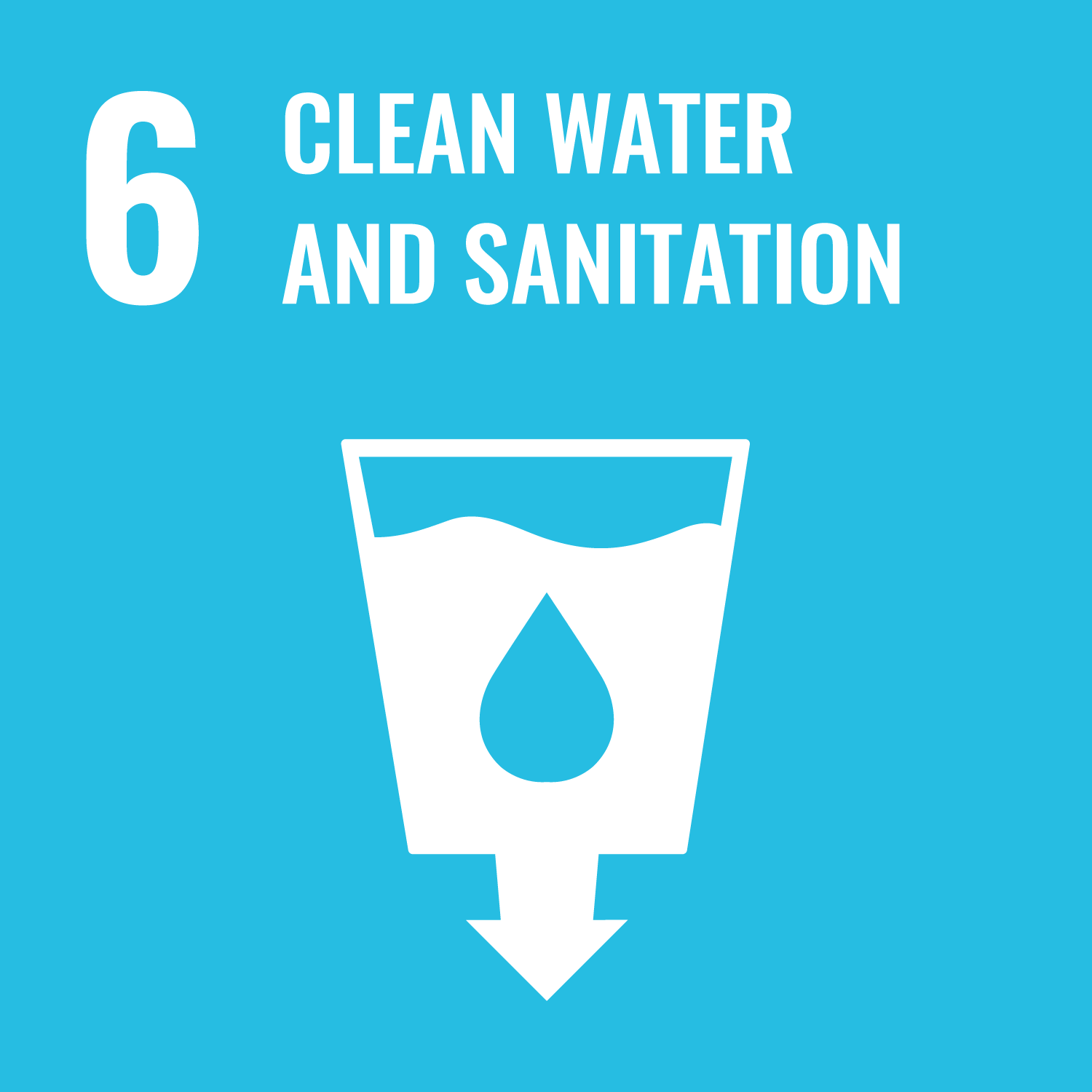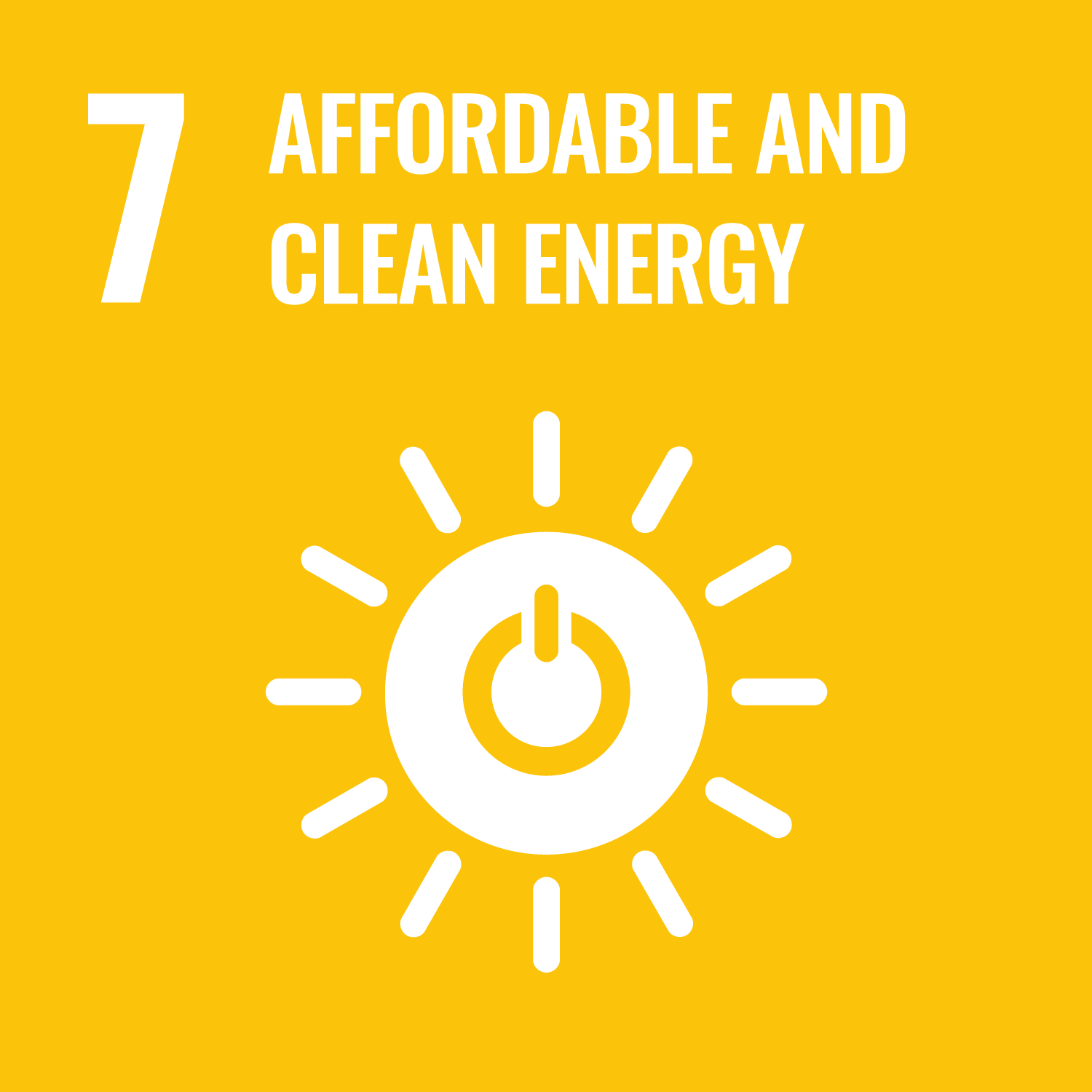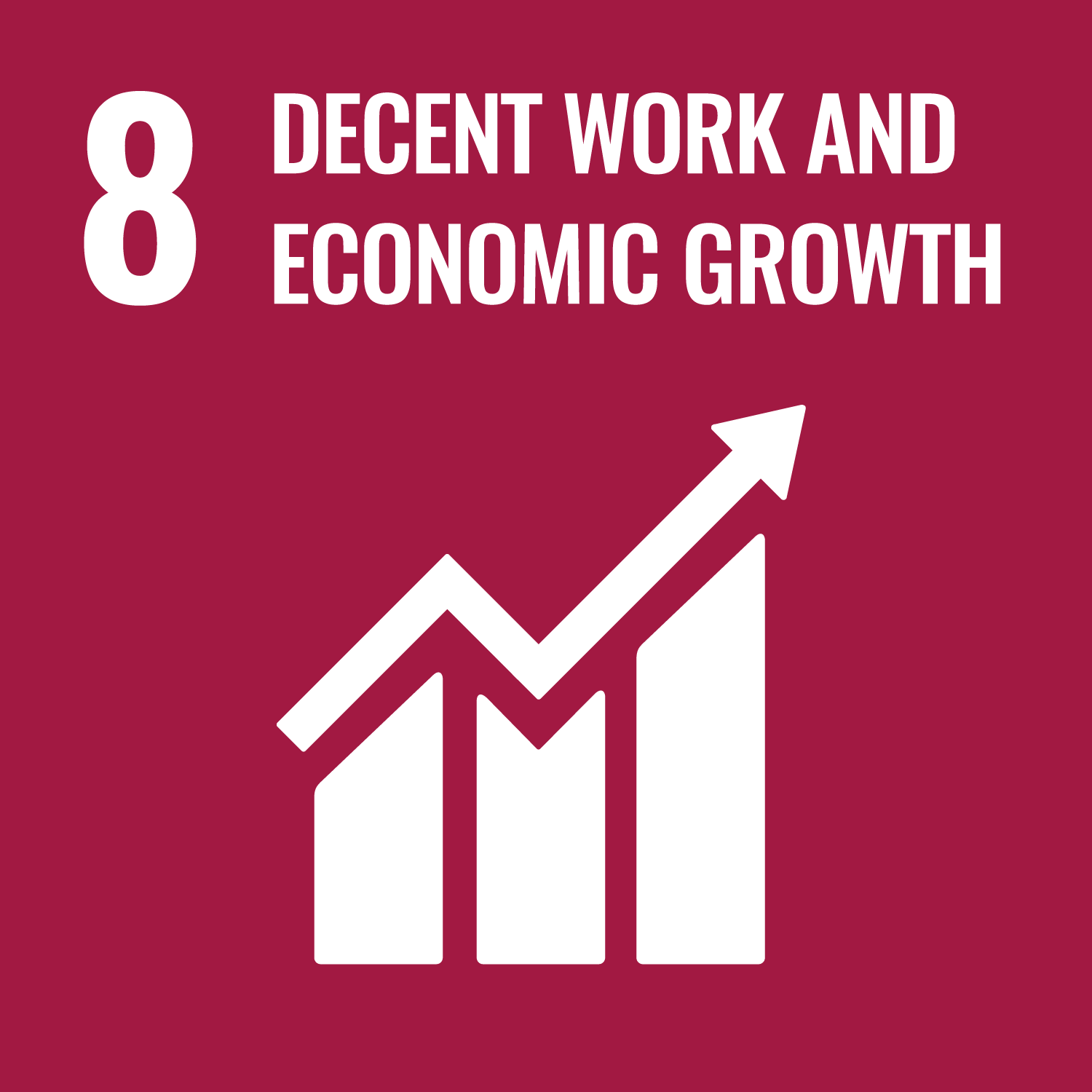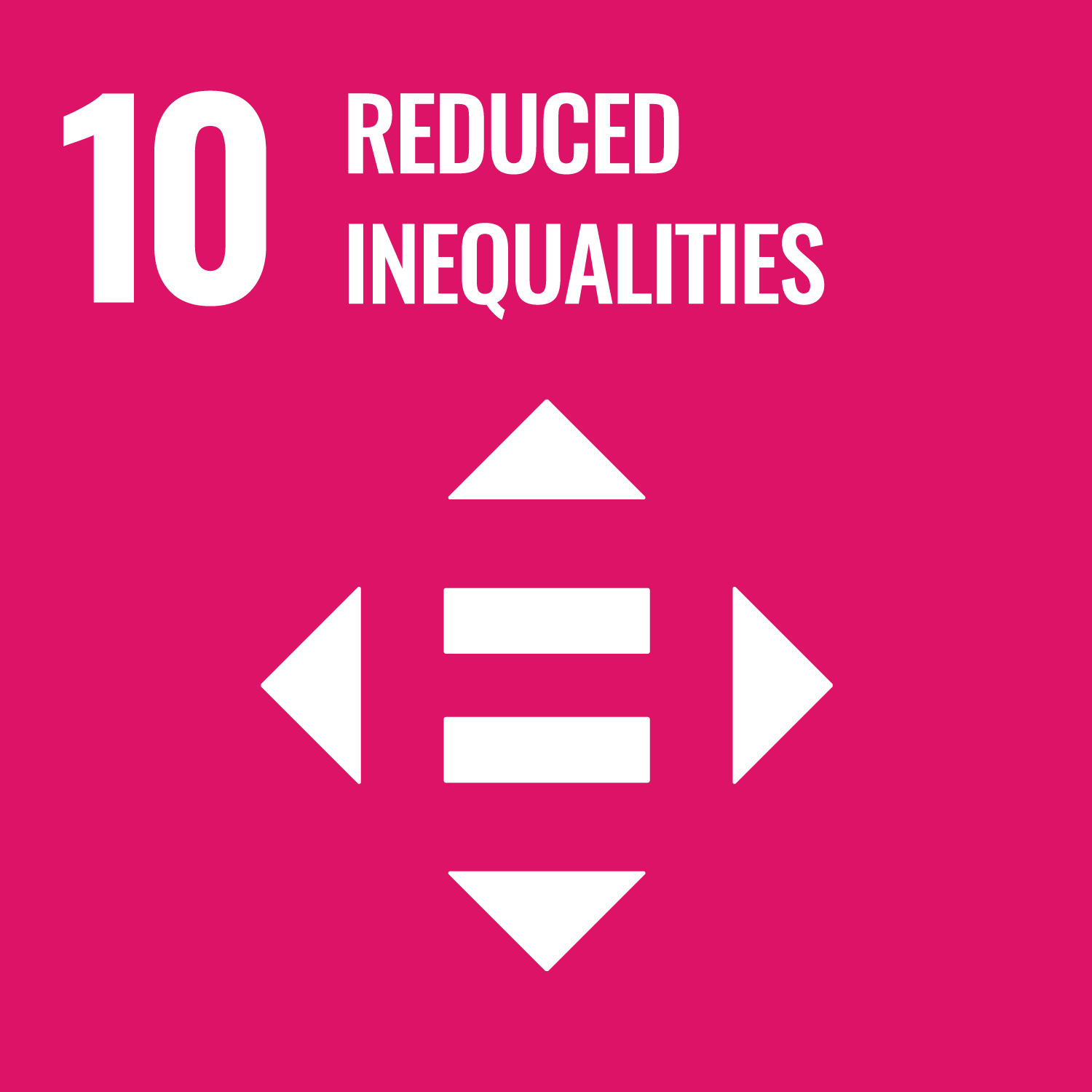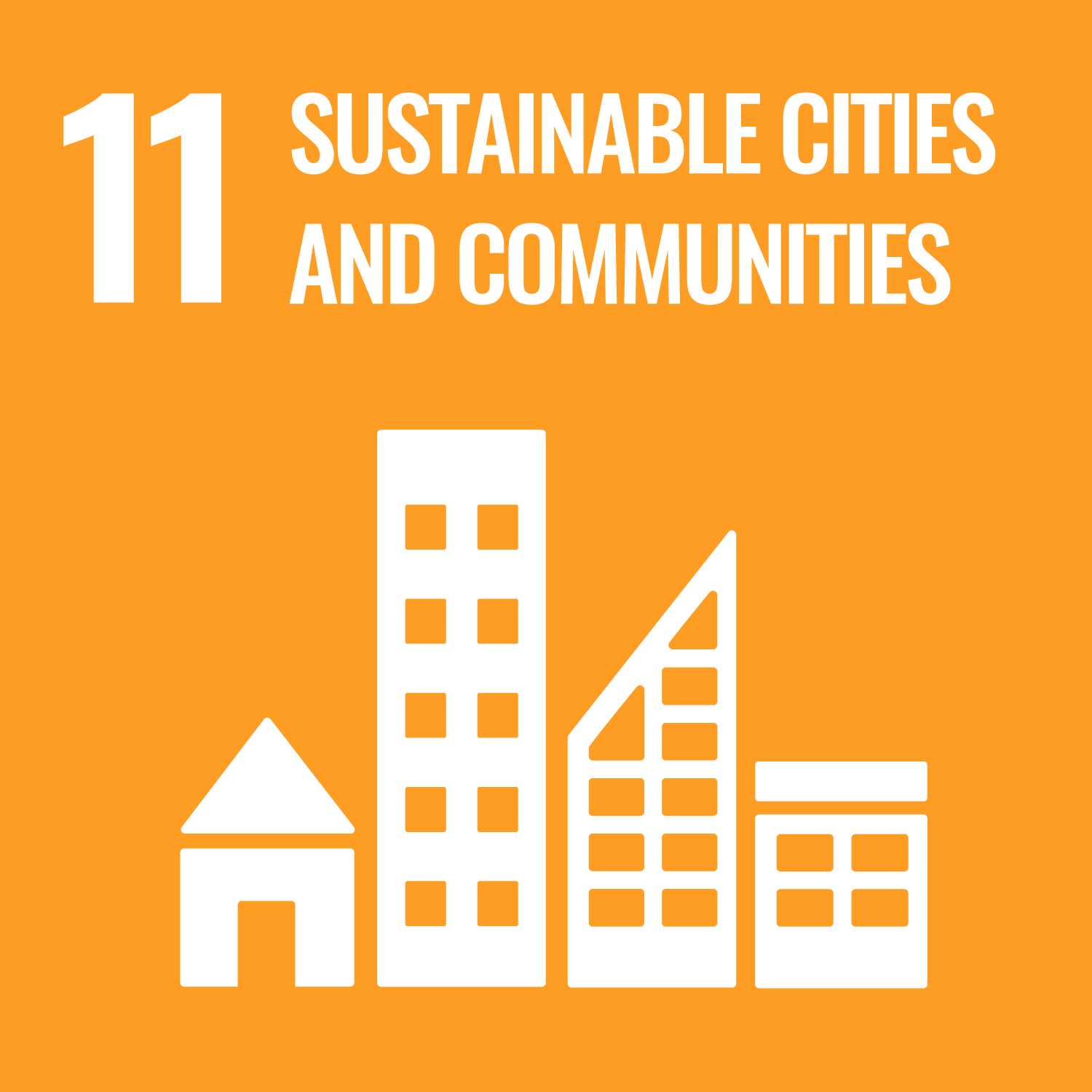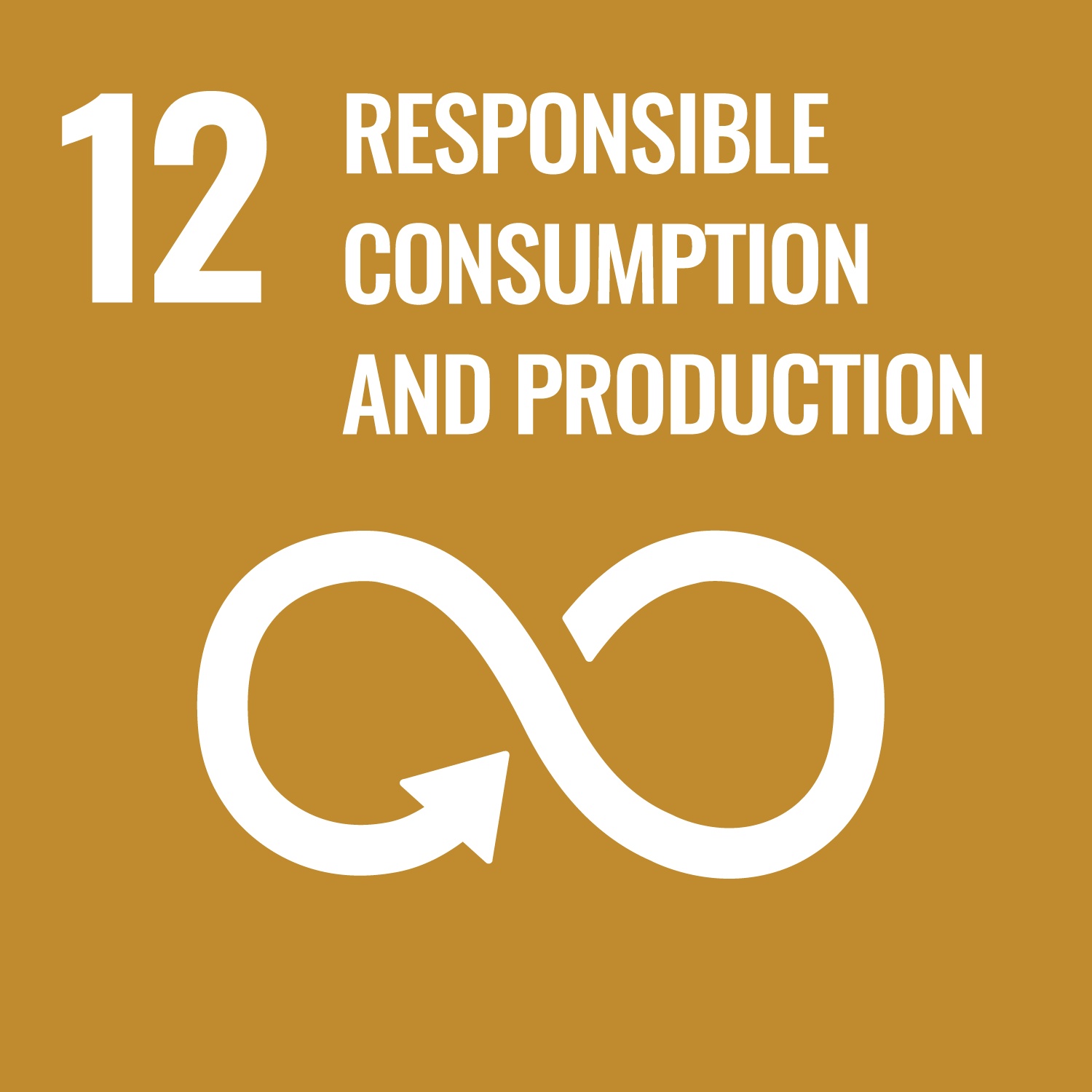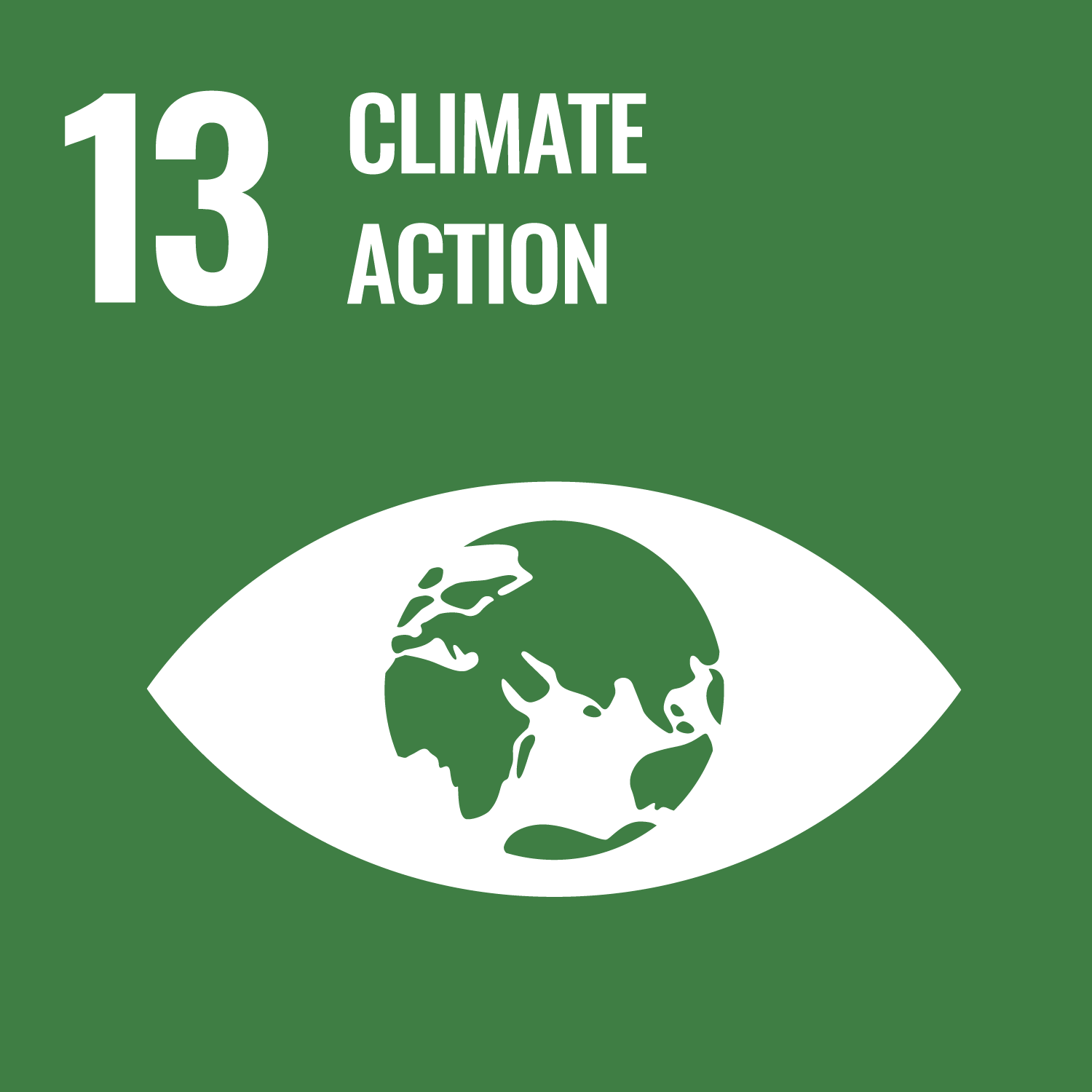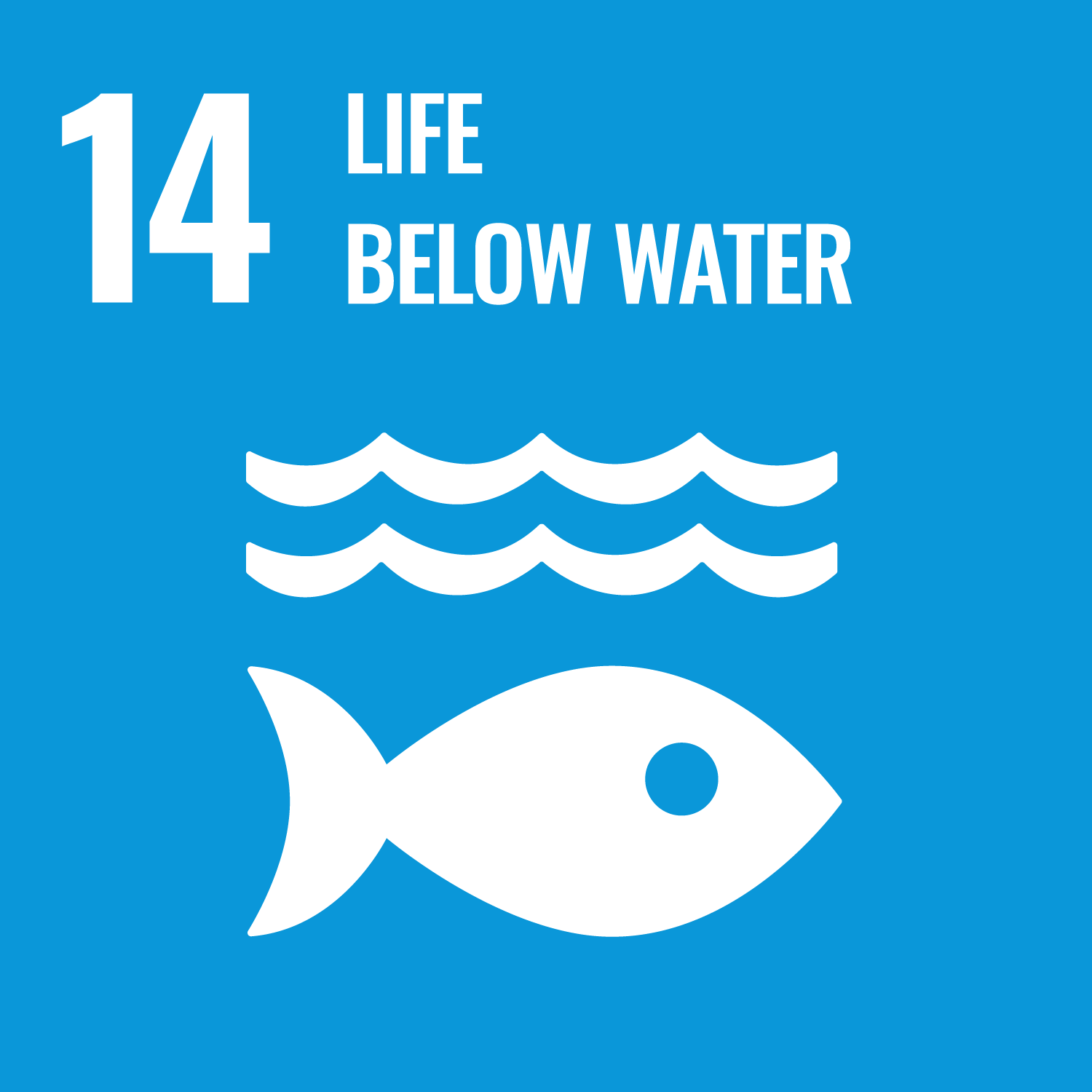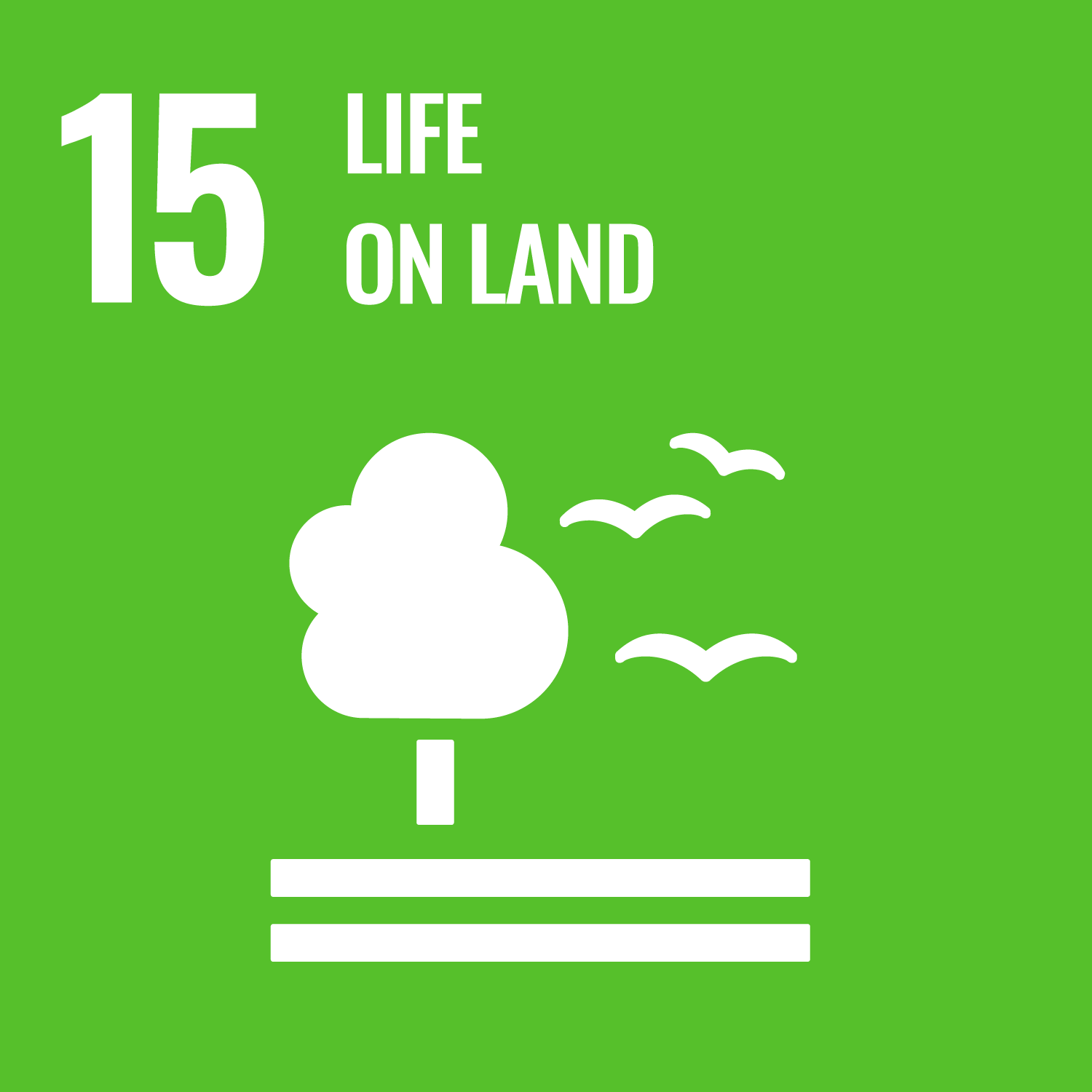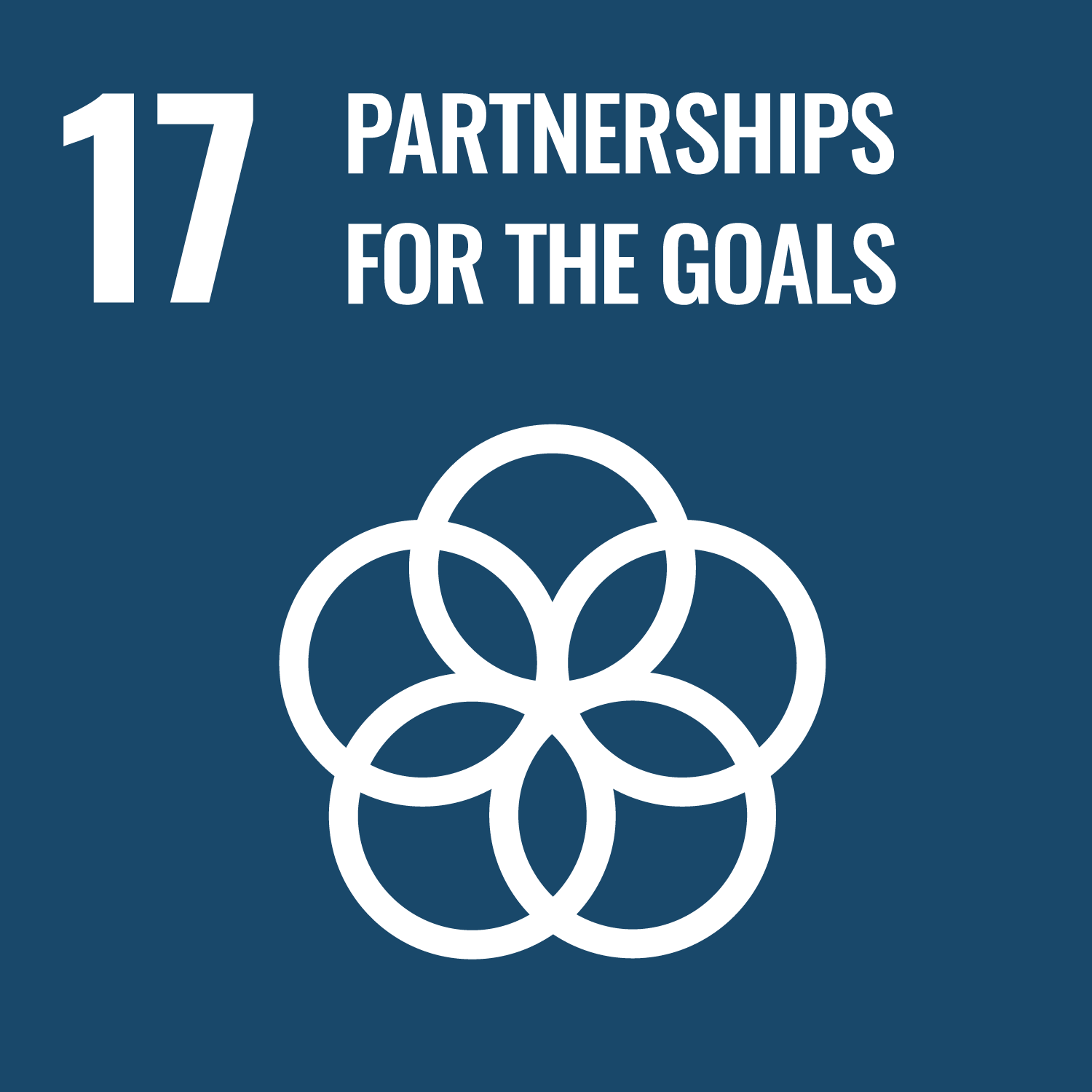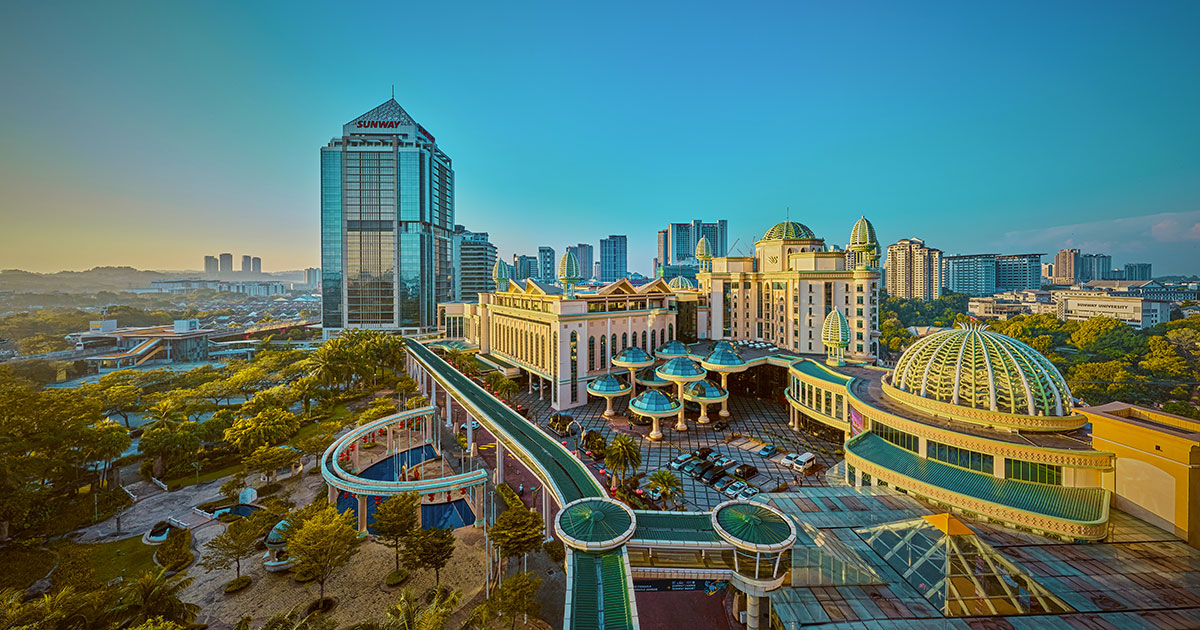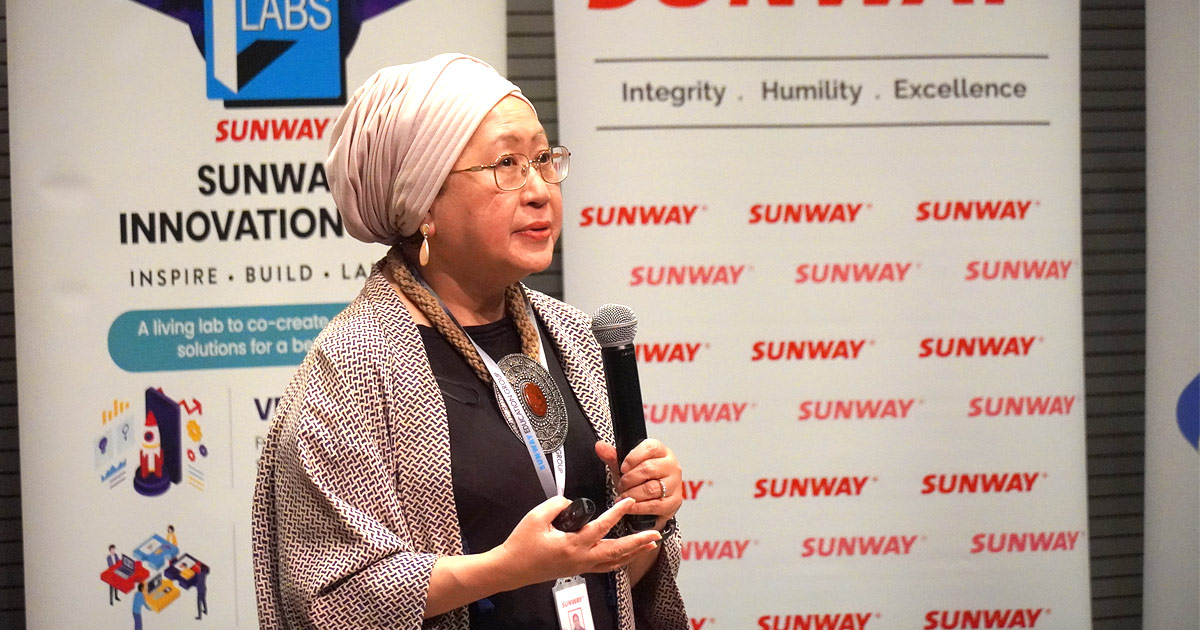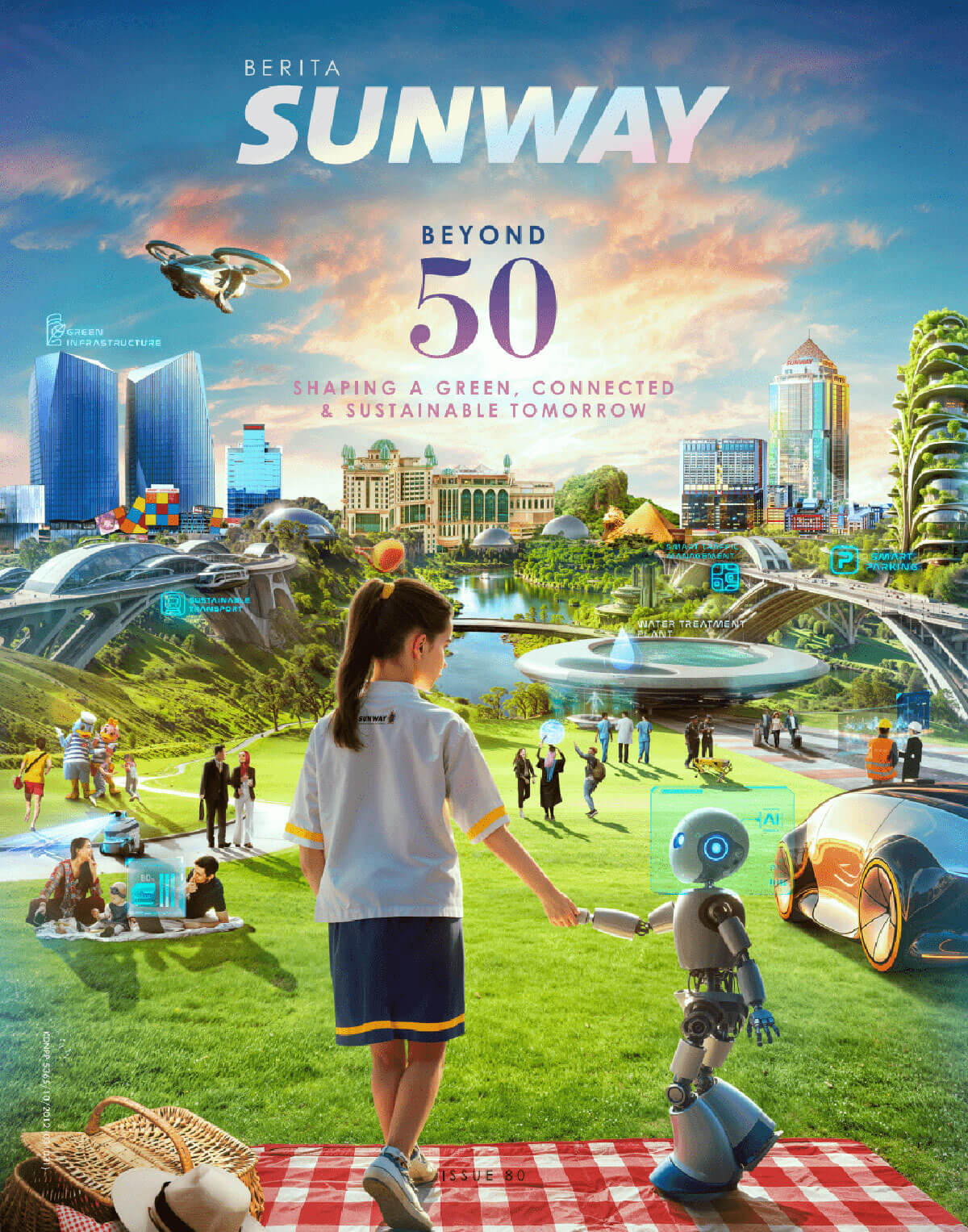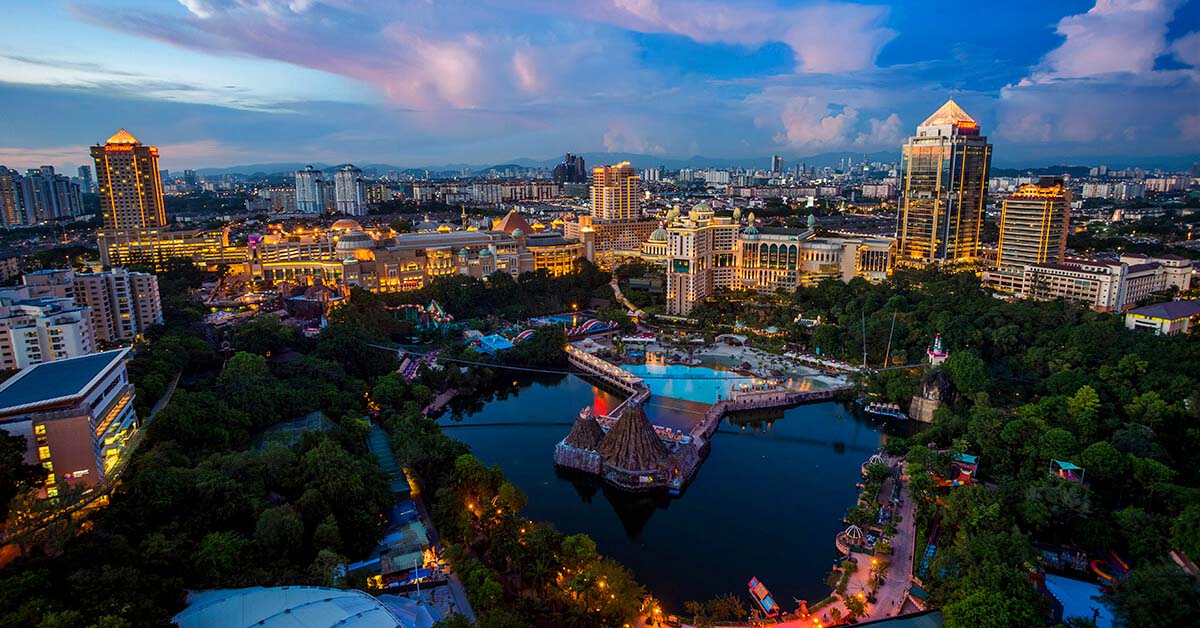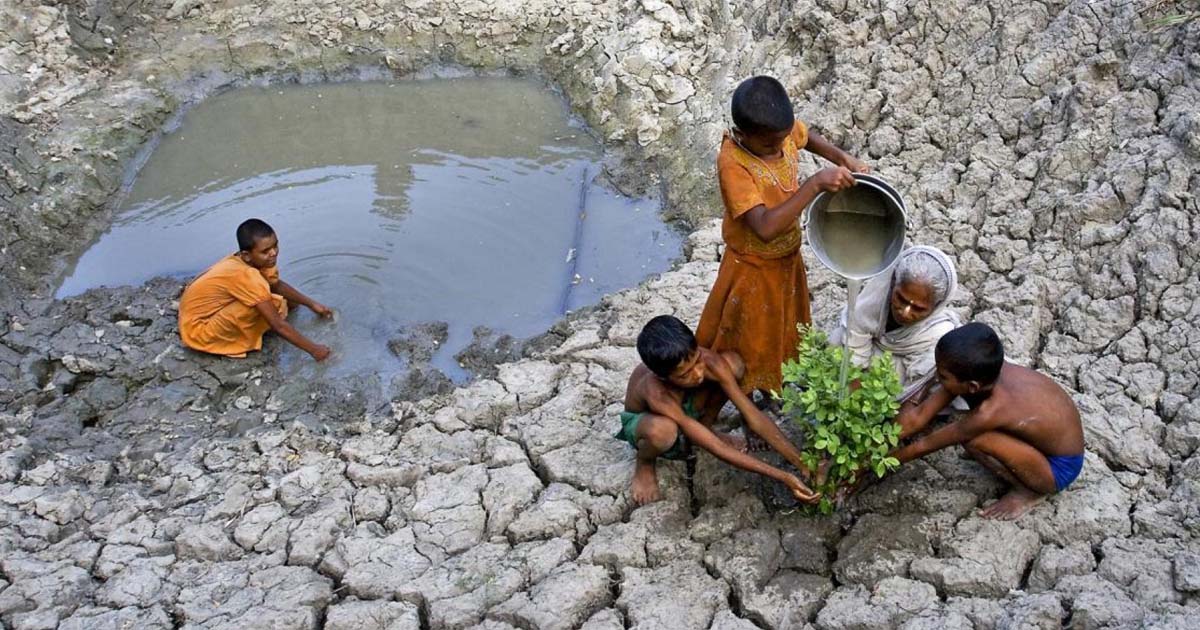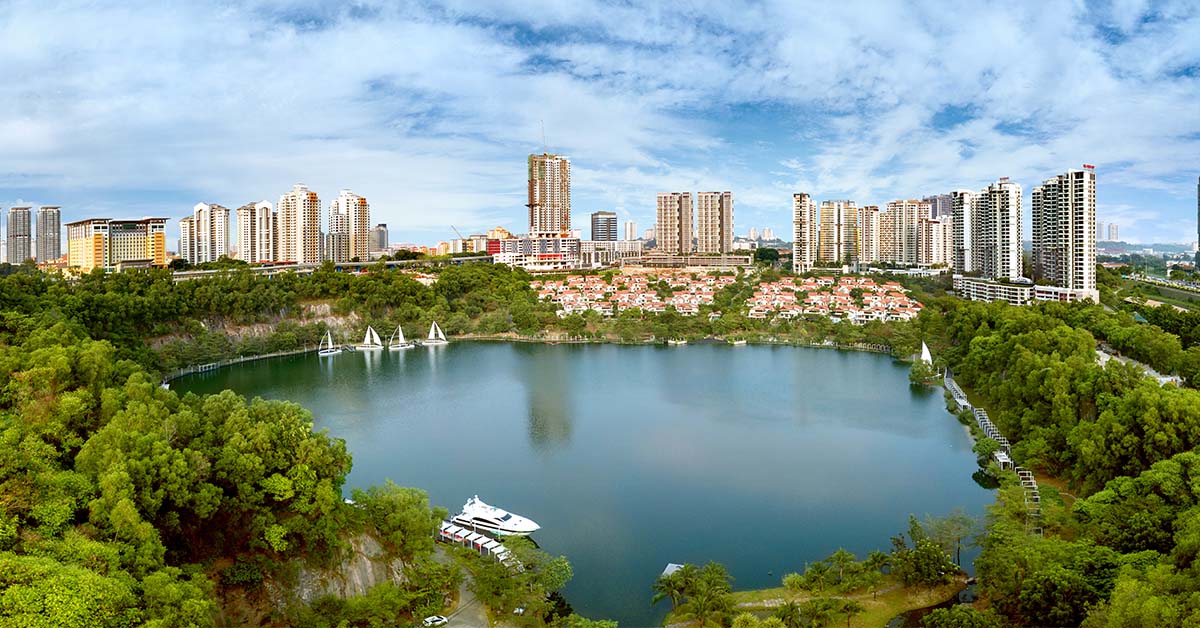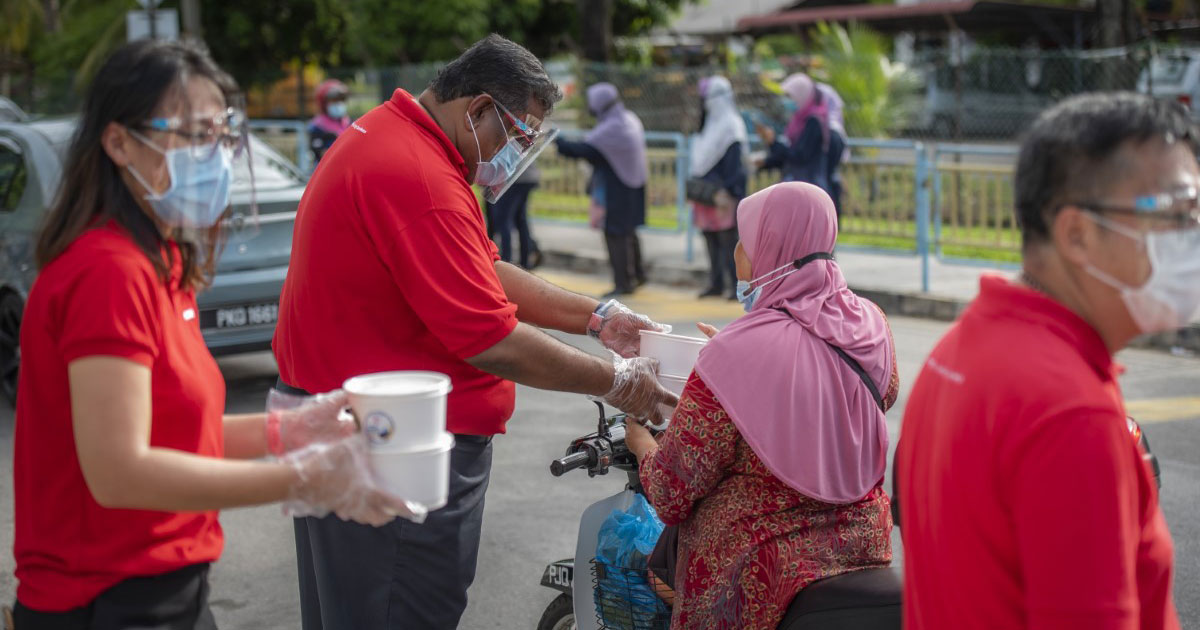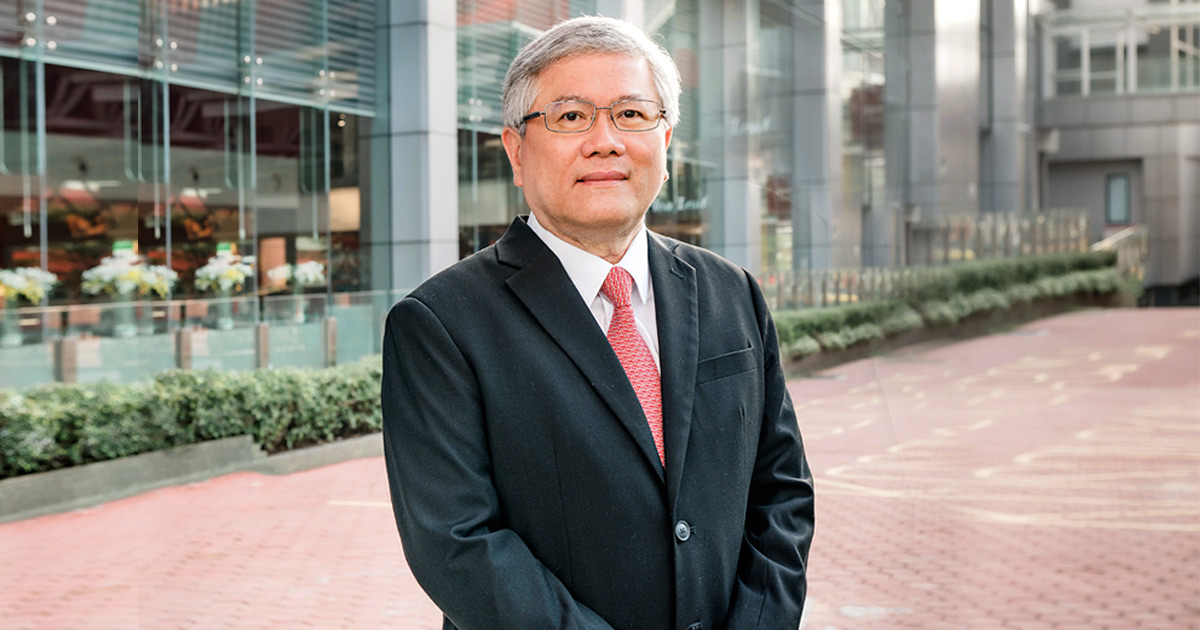From Lab to Life: Sunway Transforms Research Potential into Possibilities
From navigational GPS to the COVID-19 vaccines, research has laid the foundations for many of today’s most important innovations, leading to breakthrough technologies that benefit society and drive the economy forward.
Albert Einstein’s theory of relativity was instrumental in the development of Global Positioning System (GPS) technology, while the COVID-19 vaccines were only possible thanks to prior years of research into the MRNA technology by biochemist Katalin Karikó.
“Beyond satisfying human curiosity and creating new knowledge, research leads to a better understanding of the natural world, establishing the essential foundation of knowledge needed to solve acute, practical problems”, said Maria Leptin, President of the European Research Council in an article for The World Economic Forum (WEF).
In the face of increasingly complex global challenges such climate disasters, income inequality and rising number of mental health cases, the importance of research cannot be overstated.
At Sunway University, under the auspices of the Jeffrey Cheah Foundation (JCF) – which oversees more than 20 institutions and collaborates with over 10 world-leading universities – we harness the transformative power of research to unlock each person’s potential to change the world.
From producing carbon capture solutions, to improving the lives of the urban poor, these are some of the potential realities being explored through research at Sunway University.
Education and research: The path to sustainability
With the aspiration to be Asia’s model corporation in sustainable development and innovating to enrich lives for a better tomorrow, we at Sunway are committed to advancing the United Nations Sustainable Development Goals (UN-SDGs).
In line with the global goal of averting a climate crisis, we have resolved to halve our carbon emissions by 2030 and achieve net zero by 2050.
Among our key strategies to tackling climate change and transforming the Group’s portfolios to low-carbon sustainable cities is via our partnerships with the United Nations Sustainable Development Solutions Network (UN-SDSN).
In 2023, the UN-SDSN Asia headquarters, one of three SDSN centres worldwide, was established at Sunway University to advance research and collaboration for achieving the UN-SDGs in Malaysia and the region.
Together with the Jeffrey Sachs Center on Sustainable Development, both housed at Sunway University, these institutions were made possible through a USD 20 million gift to the UN-SDSN by the Jeffrey Cheah Foundation.
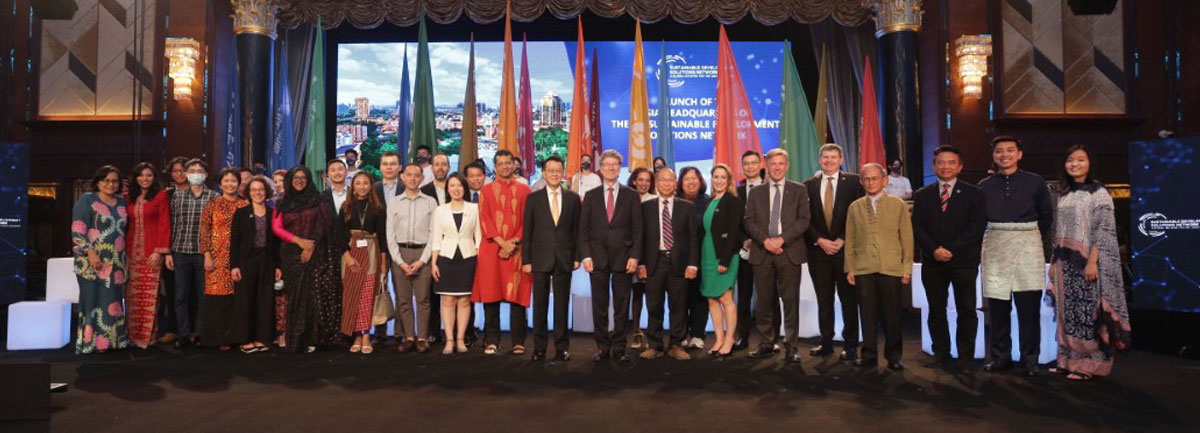
One of three global UN-SDSN centres worldwide that leads continent-wide sustainability initiatives, JSCSD delivers world-class programmes to train students, practitioners and policymakers on sustainable initiatives.
Among Sunway University’s five research institutes is the Sunway Centre for Planetary Health (SCPH), which aims to translate academic discourse on planetary health into actionable solutions throughout the region.
Answering the question of “How do we ‘do’ planetary health?”, the Planetary Health Roadmap and Action Plan by SCPH is a collaborative effort involving more than 100 international experts, with the objective of providing broad guidance and tools to communicate planetary health to governance institutions, education sector and businesses to support global coordinated action.
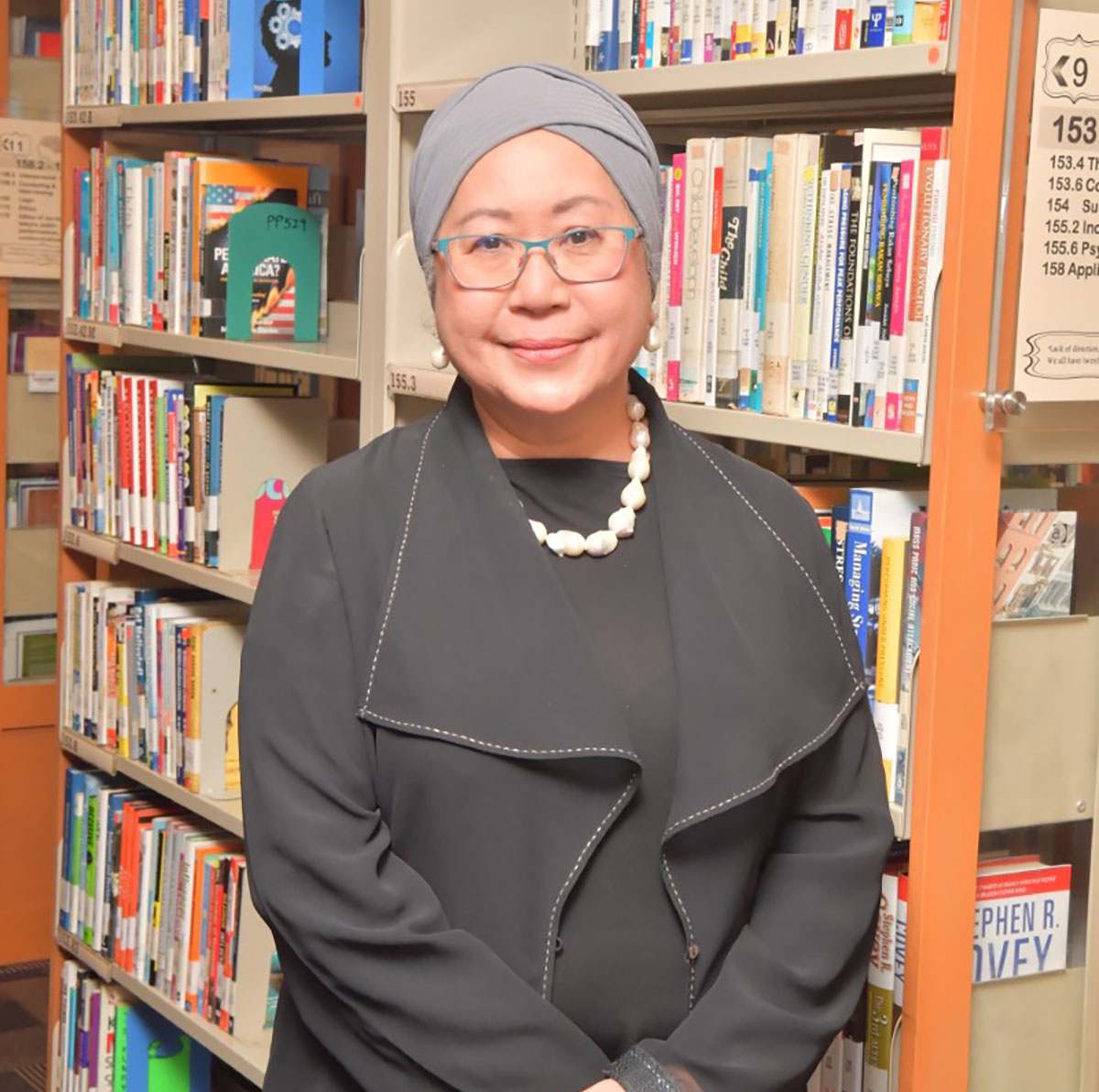
“Planetary health is not just a scientific endeavour; it’s a fundamental shift in our perspective on the world and our place within it. It reminds us that we should not try to separate ourselves from nature but rather recognise that we are an integral part of it. With this realisation comes a heavy and necessary responsibility for all of us to care for our planet,” said Professor Tan Sri Dr. Jemilah, executive director for Sunway Centre for Planetary Health.
Our institutions reflect the heart of Sunway Group founder and chairman and the founder and trustee of JCF, Tan Sri Sir Dr. Jeffrey Cheah, for quality education and research, as well as sustainable development.
Inspired by Harvard University’s founder John Harvard’s endowment in the 1600s, Tan Sri Sir had established the JCF in 2010 by gifting his entire equity stake in Sunway Education Group (SEG), valued at several billion Ringgit today, to the Foundation, in perpetuity.
As the largest education-focused social enterprise in Malaysia, JCF owns and governs SEG and its learning institutions, with all financial surpluses of SEG ploughed back into JCF for research, scholarships, grants, expansion of facilities and recruitment of top academic staff.
Tan Sri Sir’s commitment to sustainable development was further emphasised by his appointment as a member of the UN-SDSN Global Leadership Council, chairman of the UN-SDSN Malaysia chapter, as well as co-chair of Mission 4.7, a global initiative focusing on the critical importance of education in advancing the UN-SDGs and nurturing young minds for sustainable development.
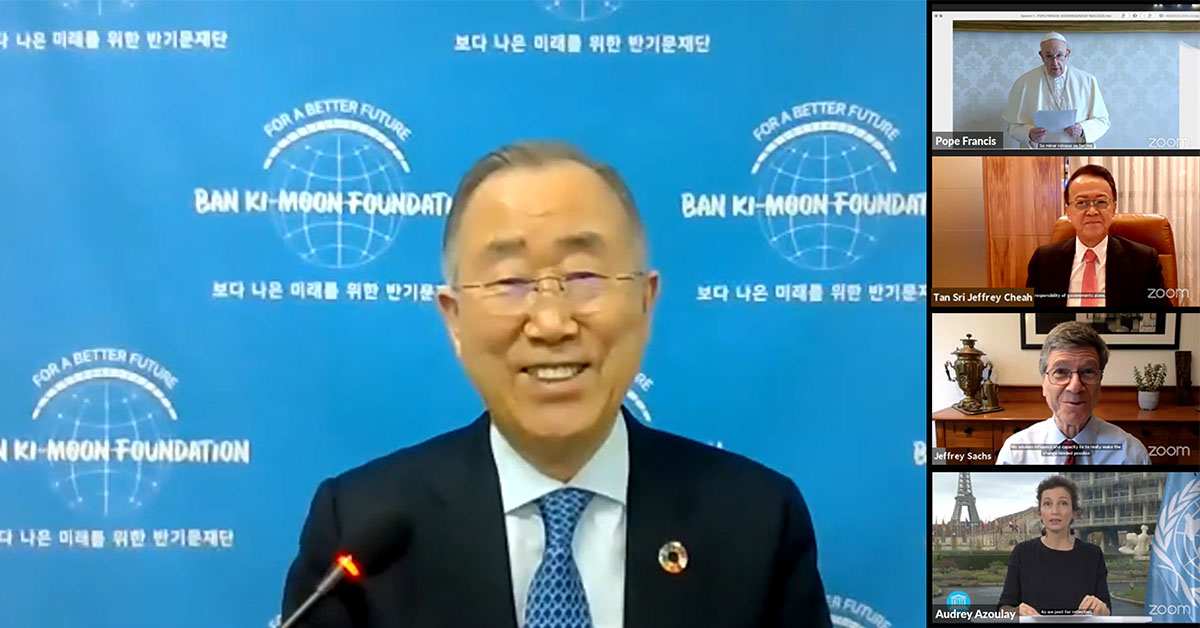
Sunway Group founder and chairman Tan Sri Sir Dr. Jeffrey Cheah joined His Holiness Pope Francis, the eighth United Nations secretary-general Ban Ki-moon, Professor Jeffrey Sachs, UNESCO director-general Audrey Azoulay and world leaders in launching the Mission 4.7 on the first day of the seventh annual Vatican Youth Symposium.
This initiative is one of SDSN’s flagship programmes for Education for Sustainable Development (ESD) in partnership with UNESCO, the Ban Ki-moon Centre, and the Centre for Sustainable Development at Columbia University.
To revolutionise how sustainable development is taught to Malaysian youths, JCF has pledged to support 30 schools under the Mission 4.7 pilot professional development programme. This initiative will equip over 2,500 teachers across Malaysia to integrate education for sustainable development into the national curriculum.
To date, almost 600 teachers across seven schools have been upskilled through the Mission 4.7 programme.
“Sustainable development is vital to the future well-being of our nation. Everything that we do is about the future generations. That means acting as responsible stewards of the planet and promoting socio-economic goals. We pursue this mission through various avenues at Sunway Group and all our affiliated entities, be it commercial enterprises, philanthropic endeavours and collaborative partnerships with world-renowned institutions,” Tan Sri Sir said.
Transforming the planet through research
Research plays a critical role in regard to decarbonising the region, as we are committed to building a sustainable future for all.
Through our research conducted under the ASEAN Green Future initiative, policymakers across the region can explore decarbonisation solutions like clean energy, an ASEAN Power Grid and restoring the natural ecosystem, to achieve net zero emissions in the region. The regional initiative involves the Jeffrey Sachs Center on Sustainable Development, the UN-SDSN, ClimateWorks Australia, and research groups in Southeast Asia.
Carbon-absorbing paint and zero-emissions cement are some of the potential applications for captured carbon dioxide – an industrial waste byproduct – that we are researching at Sunway University’s Research Centre for Carbon Dioxide Capture and Utilisation (CCDCU).
By pioneering innovative applications for captured carbon dioxide, our researchers are helping to make carbon capture technology more financially viable and hopefully, drive wider adoption of decarbonisation technology and expedite net zero carbon goals.
“Through research, you can positively impact society, the community and science because when you do a PhD, your work contributes to the progress of knowledge. Without research, we don’t have these technologies, and we don’t enjoy the comforts of life,” said Professor Mohamed Kheireddine Aroua, head of CCDCU.
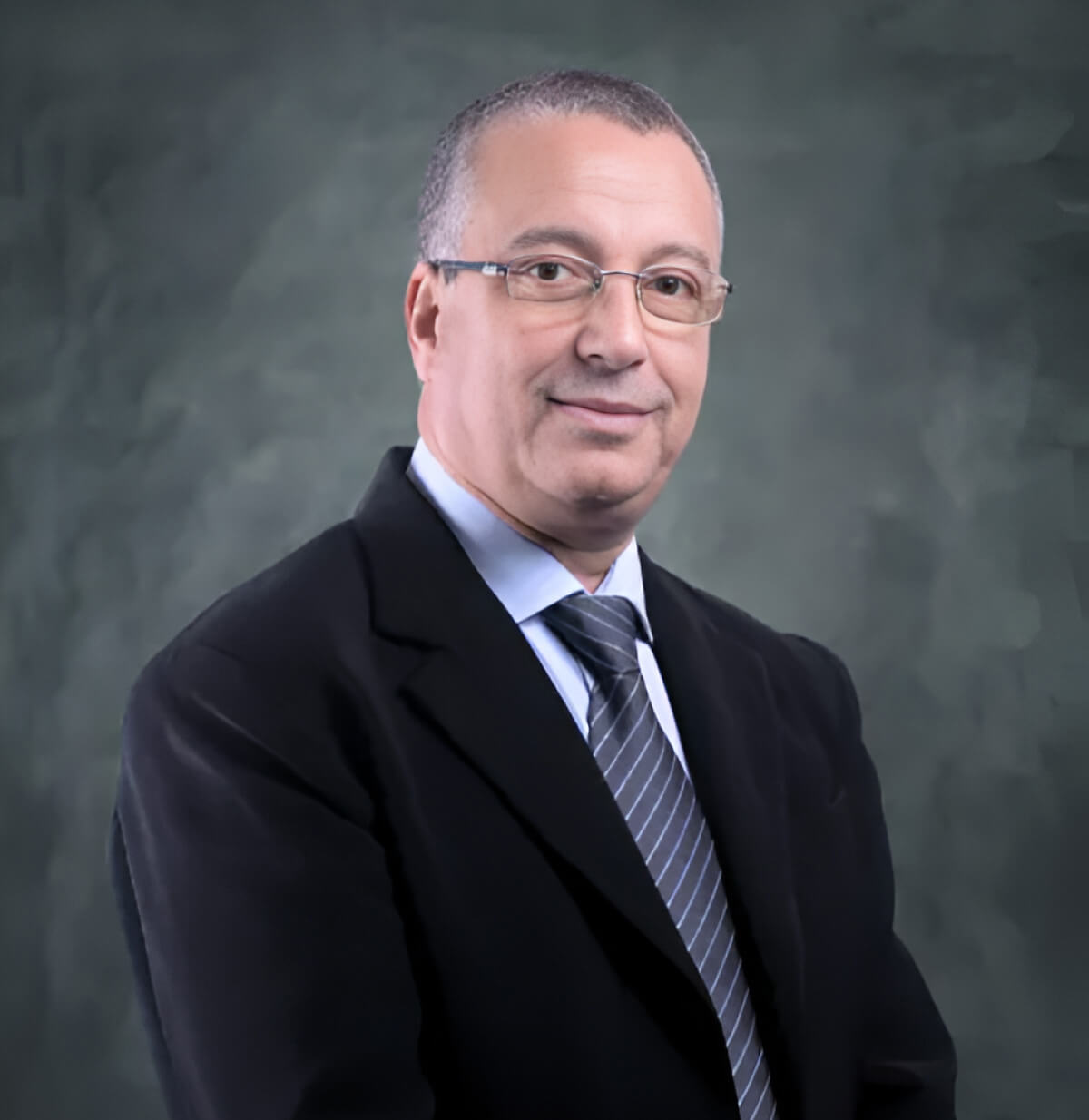
“Through research, you can positively impact society, the community and science because when you do a PhD, your work contributes to the progress of knowledge. Without research, we don’t have these technologies, and we don’t enjoy the comforts of life,” said Professor Mohamed Kheireddine Aroua, head of CCDCU.
Shaping a brighter future for our communities
Research by Sunway University lies at the core of our JCF Sunway Desa Mentari Community Observatory programme (SDMCOP), enabling us to effectively tackle a myriad of issues arising from urban poverty faced by some 26,000 residents of the Desa Mentari public housing project, located just two kilometres from Sunway City Kuala Lumpur.
Beyond the various community initiatives that directly impacts the residents, in the long-term, the SDMCOP intends to culminate in a comprehensive community research database, for academic institutions and policymakers in Malaysia and the region to address quality of life issues in a rapidly urbanising environment.
The Sunway advantage in advancing research
Envisioning Sunway University as “Harvard or Cambridge of the East”, Tan Sri Sir has always prioritised strategic collaborations to advance knowledge-transfer.Being part of the Sunway Group lends an advantage to us at Sunway University, as we forge partnerships with not just the top universities from around the world, but government and industry players too, enabling us to collaborate resources and different expertise for greater synergy.
For the SDMCOP, we are working with industry partners, NGOs, government agencies, civil society groups, global educational institutions, our students, Sunway Group volunteers, business partners and suppliers, as well the Desa Mentari community leaders – in a multidisciplinary approach to fight poverty.
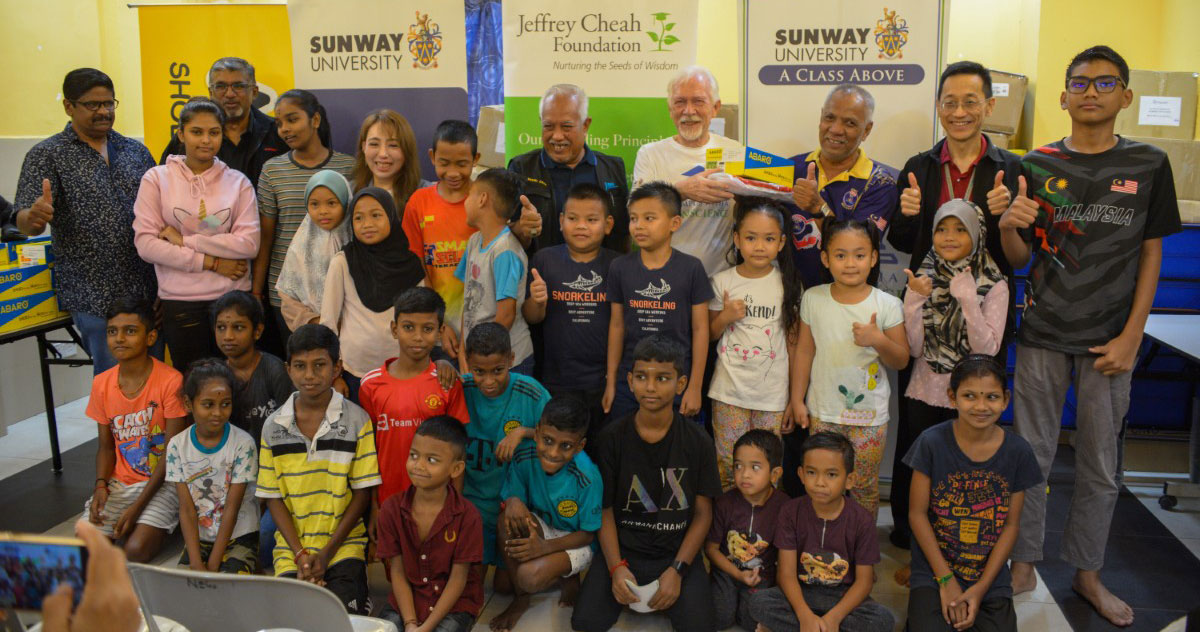
Leveraging Sunway’s 13 business divisions, JCF worked with suppliers and business partners to help train and offer job opportunities to Desa Mentari residents.
Our global academic partners – Harvard University’s T.H. Chan School of Public Health, University of Cambridge, University of Oxford and Lancaster University – are also involved in SDMCOP.
The CCDCU is collaborating with Massachusetts Institute of Technology (MIT), and Lancaster University – under the Future Cities Research Institute (FCRI) – for captured carbon dioxide research projects.
Six pilot research projects and one flagship project that tackle global sustainability challenges are currently being funded by the FCRI, which is a joint-research institute platform between Lancaster University and Sunway University.
Our efforts to end poverty, reduce inequalities, and democratise access to education, healthcare and food security will empower individuals to reach their full potential, and in doing so, drive local economic growth, and inspire them to become leaders that pay it forward and give back to their communities.
Investing for a sustainable future
From research and study travel grants, to providing scholarships to students pursuing their master’s degree or PhD, JCF plays an important role in empowering our students at Sunway University and our research centres to pursue world-changing research, in line with the UN-SDGs.
With 14 research centres and five research institutes under our belt, we can make a difference across diverse fields of study, including the arts, medicine, sciences, hospitality, environmental and behavioural research, among others.
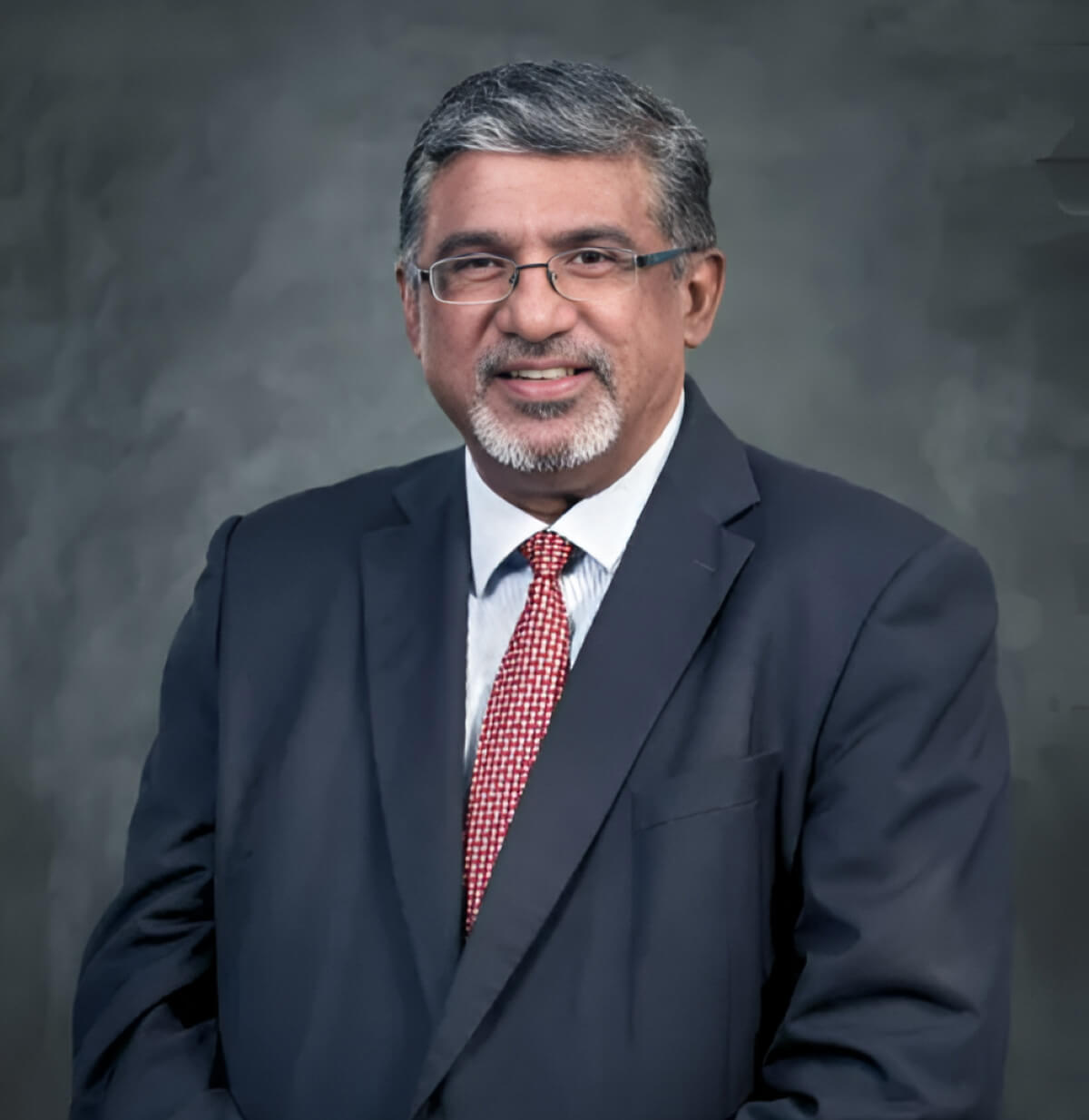
“A lot of our education programme is research-inspired educational curriculum. It’s not just borrowing ideas from other places, but also getting our students to become innovative and create new knowledge, becoming explorers like Tan Sri Sir Dr. Jeffrey Cheah in developing new business models, architecture and tools of inquiry, so that they have the skill sets to really make a difference and have an impact,” said Professor Mahendhiran Sanggaran Nair, the Pro Vice-Chancellor of Research and Sustainability at Sunway University.
As of 2024, our Foundation has awarded more than RM745 million in scholarships to thousands of deserving students in various fields of study.
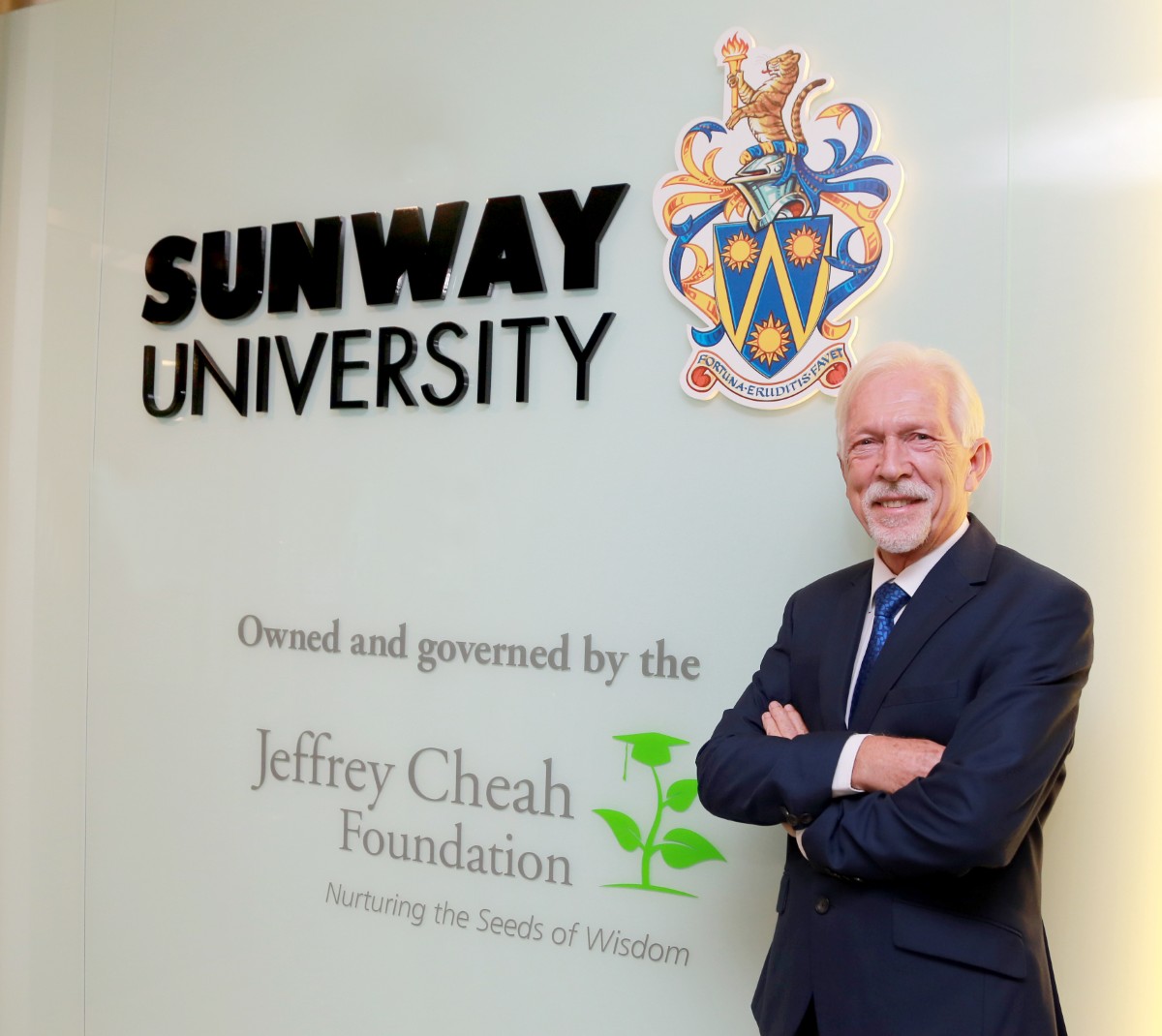
“I always tell people that Sunway is a place of hope. Sunway City Kuala Lumpur was once an abandoned tin mine, a wasteland, but Tan Sri Sir Dr. Jeffrey Cheah has shown that it can, through human engineering, be made into a paradise. Likewise with our students – my message is that everything is possible. This is the place of hope – you can be anything you want to be, and you have to give back to society,” said Sunway University President Professor Sibrandes Poppema.











